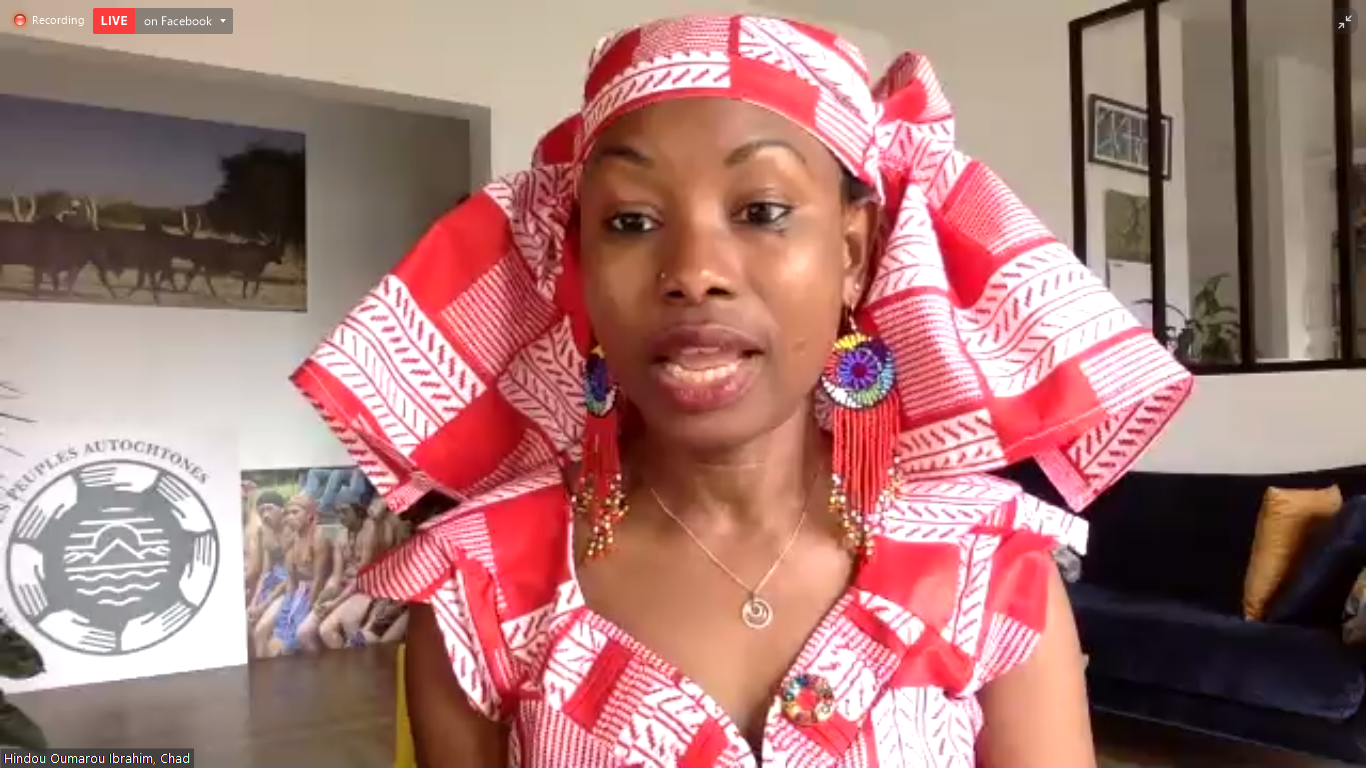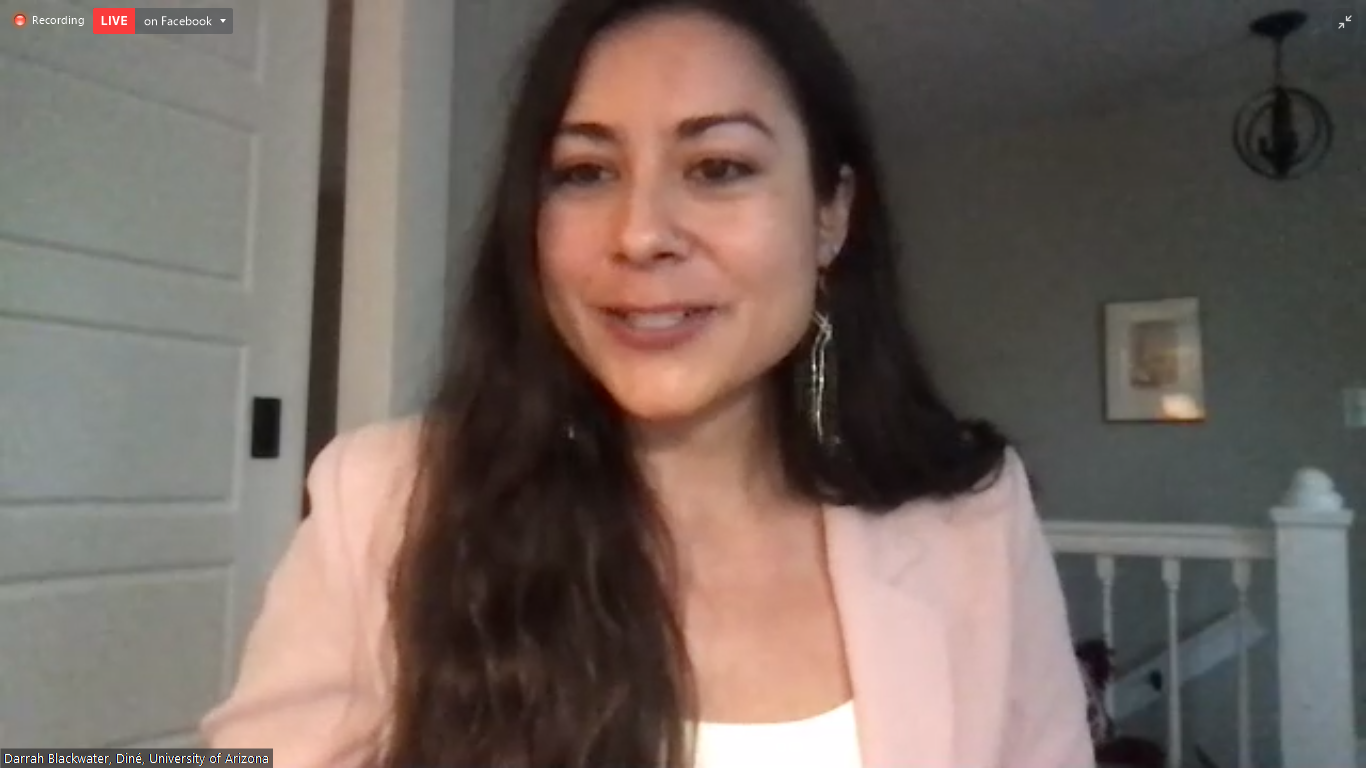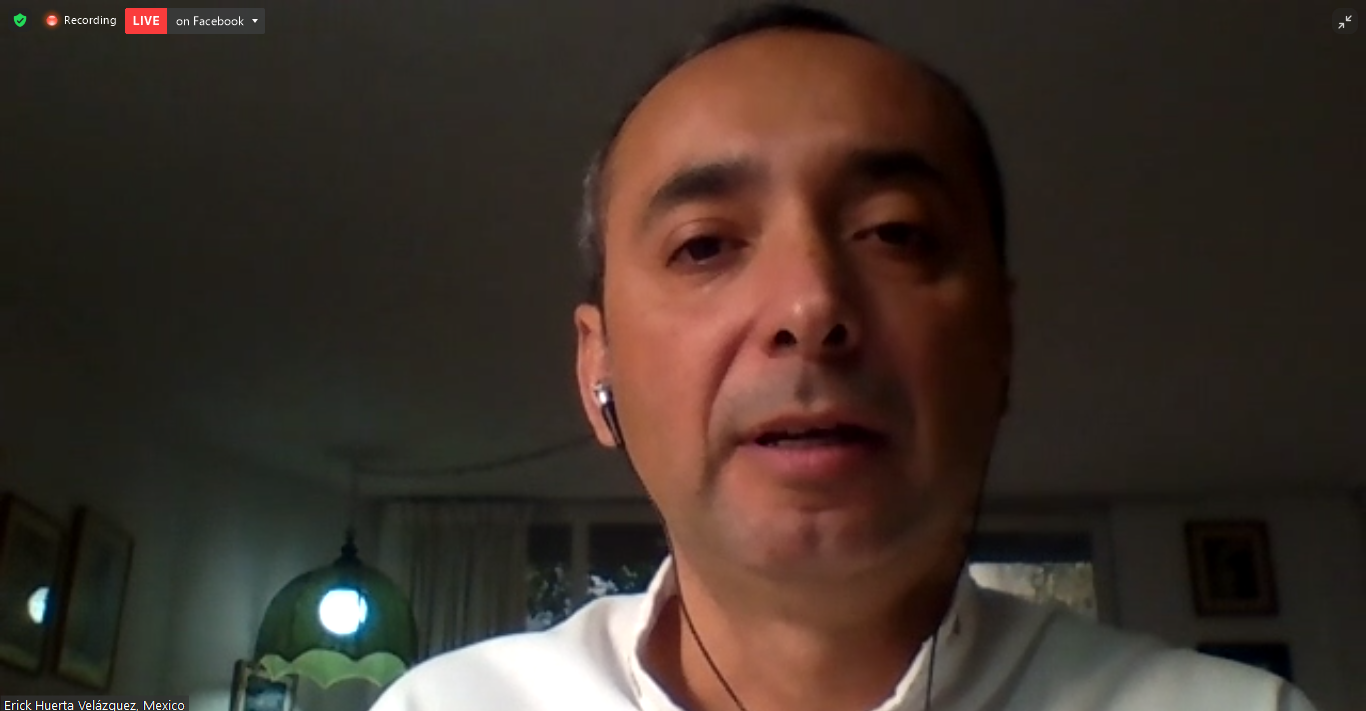Indigenous Peoples and Connectivity: Bridging the Digital Divide
ITU/Permanent Mission of Australia to the UN and UN DESA
Session 432
Indigenous Peoples and Connectivity: Bridging the Digital Divide
Agenda 2030 recognizes that the spread of information and communications technologies (ICTs) and global interconnectedness has great potential to accelerate human progress, to bridge the digital divide and to develop knowledge societies. Digital inclusion means ensuring the accessibility of ICTs for social and economic development, especially for people with specific needs, including Indigenous peoples.
During the World Summit on the Information Society (WSIS) in 2003, Indigenous Peoples called for their full and effective participation in the Information Age on their own terms. Much progress has been made since then, but there is still a long way to go before this call is fully achieved. The COVID-19 pandemic has underscored the urgency of accelerating progress towards digital inclusion. It highlighted the importance of ICTs for continued functioning of societies, but has also brought to the fore the startling digital inequalities between and within countries, especially for indigenous communities. More than ever before, people the world over have needed to rely on ICTs, including for information, work, to conduct their business, access education, for health and other services, and to connect with each other safely. And yet, indigenous communities remain underserved, among those least likely to be connected to the Internet and often lack equal opportunities to acquire digital skills needed to make the most of ICTs.
This side event will highlight some examples of existing initiatives enhancing digital inclusion of Indigenous Peoples, including those increasing access and digital skills. It will also highlight lessons learned for replicating such initiatives by and within other indigenous communities with a view to accelerating closing of the digital divide. The focus will be on initiatives that entail Indigenous Peoples engaging with ICTs either independently, or in partnership with NGOs, private sector, governments, intergovernmental organizations, and other Indigenous Peoples.

The Honourable Mitch Fifield is Australia’s Ambassador and Permanent Representative to the United Nations taking up his posting in New York in October 2019.
Mr. Fifield is a former Australian Senator and Cabinet Minister. During fifteen years in the Australian Parliament Mr. Fifield’s appointments included Deputy Leader of the Government in the Senate (2017-2018); Manager of Government Business in the Senate (2013-2019); Minister for Communications (2015-2019); Minister for the Arts (2015-2019); Minister Assisting the Prime Minister for Digital Government (2013-2014); and Minister responsible for disabilities and aged care (2013-2015).
Prior to entering Parliament Mr. Fifield served as a Senior Adviser to the Treasurer of Australia (1996-2003) and as a reservist in the Australian Army Psychology Corps.
Mr. Fifield holds a Bachelor of Arts from the University of Sydney.
He was born in 1967, has two children and is married to Mari.
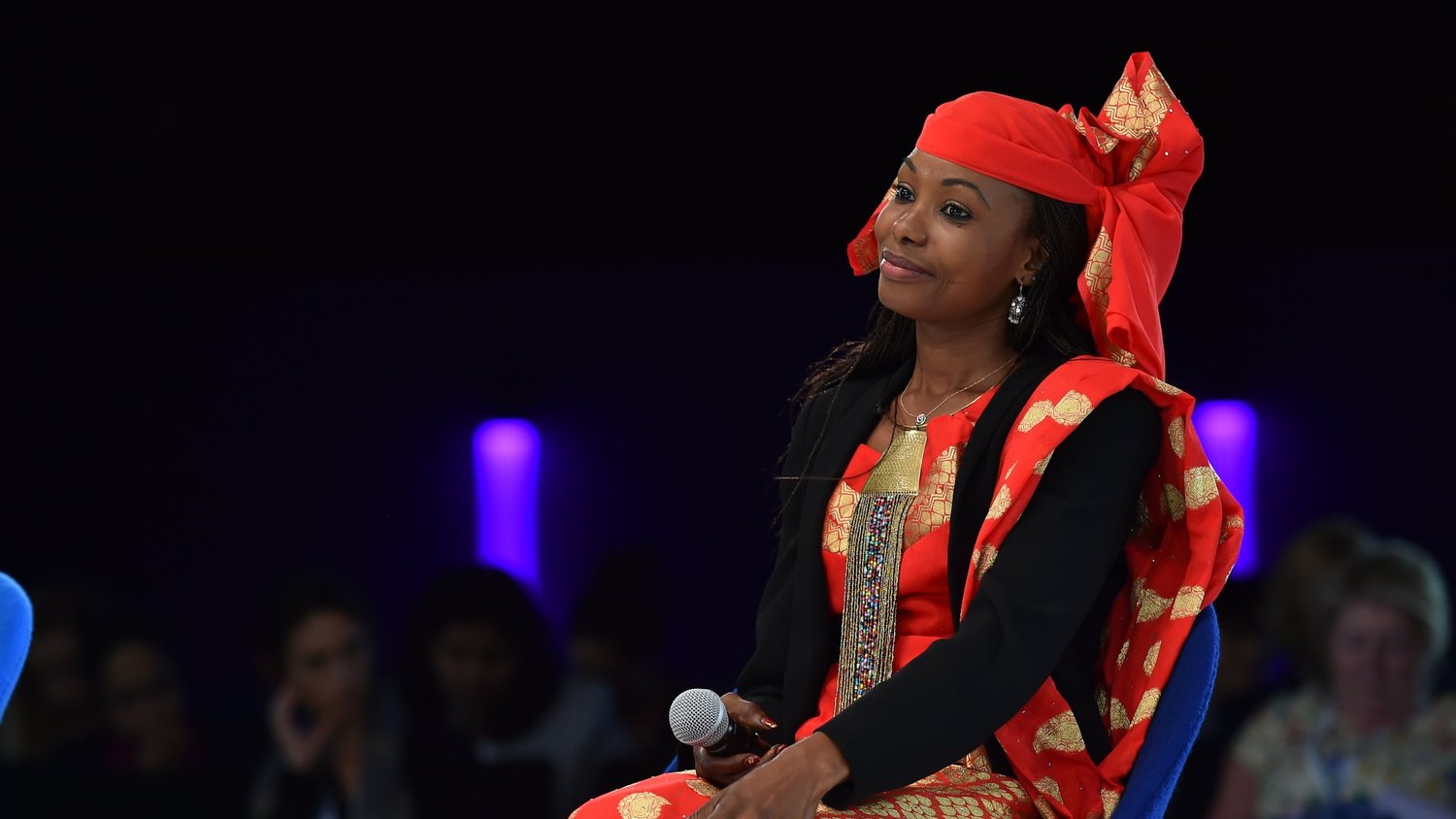.jpeg)
Hindou Oumarou Ibrahim is an environmental activist and member of Chad’s pastoralist Mbororo community. She began advocating for Indigenous rights and environmental protection at age 16, founding the Association for Indigenous Women and Peoples of Chad (AFPAT) to introduce new income revenue activities for women and collaborative tools such as 3D participatory mapping to build sustainable ecosystems management and reduction of nature-based resource conflicts. Her vision is to grow support for both traditional knowledge and science to improve resilience to climate change especially for rural communities.
She is a member of the Indigenous Peoples of Africa Coordinating Committee (IPACC) and served as co-chair of the International Indigenous Peoples Forum on Climate Change during the historic UN Climate Change Conference (COP21) in Paris. She is currently an official “Friend of COP26 Presidency” and is dedicated to the protection of all Indigenous peoples and the value of their knowledge in the fight against climate change. She advances environmental protection for Indigenous peoples by participating in international policy dialogues held around the three Rio Conventions; Climate Change (UNFCCC), Biodiversity (CBD), and Desertification (UNCCD) pressuring governments to recognize land rights of Indigenous peoples and advance their solutions for climate adaptation and mitigation.
Ibrahim’s work with indigenous communities at the local and global level has achieved broad recognition and support including, the 2019 Pritzker Emerging Environmental Genius Award; the 2020 Refugee International’s Holbrooke Award; the Daniel Mitterrand Prize; appointment as a UN Sustainable Development Goal Advocate; Conservation International Board Member and Lui-Walton Senior Fellow; and Member of the Earthshot Prize Council and National Geographic Explorer. She also serves as the Vice Chair of the Global Forest Coalition and as an Advisory Board Member of the Planetary Health Alliance. She is frequently quoted in leading news coverage and was recognized by BBC as a top 100 women leader and by TIME’s Women Leaders in Climate Change and recognized as one of thirteen women Climate Warriors in Vogue Magazine. Her TED talk on Indigenous knowledge meets science to solve climate change has surpassed more than 1 million views.
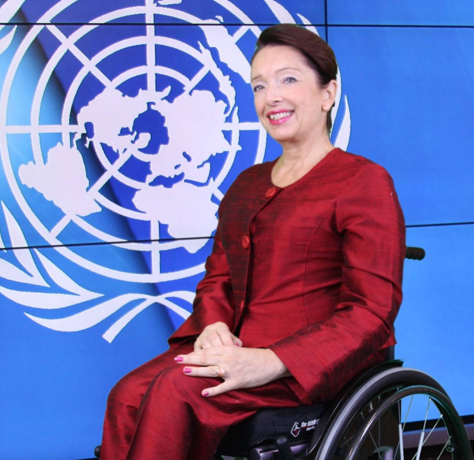
Daniela Bas, of Italian nationality, is the Director of the Division for Inclusive Social Development at the United Nations Department of Economic and Social Affairs since May 2011. Political scientist with a major in International Politics, she graduated Magna Cum Laude with a dissertation on “The elimination of architectural barriers and the employment of people with physical disabilities”. She is also a certified journalist and worked for the major press, Radio, and Television networks and is also a certified multicultural/life coach. Ms. Bas’s interest has always been people-centred in the various activities, associations, and professional roles she has held. In addition to her work at the United Nations from 1986 to 1995, she held managerial roles until 2000 in the private sector in Italy.
From then until 2011, before joining UNDESA she was, inter alia, adviser for the Ministry of Foreign Affairs and for the Presidency of the Council of Ministers in Italy. On behalf of the Ministry of Foreign Affairs, she was Board Member of the EU Agency for Fundamental Rights and of the Committee to Promote non-Armed and non-Violent Civil Defense of the Presidency of the Council of Ministers. Ms. Bas was also the special adviser to the Vice President of the European Commission (On. Frattini) on human rights, democracy, and social affairs.
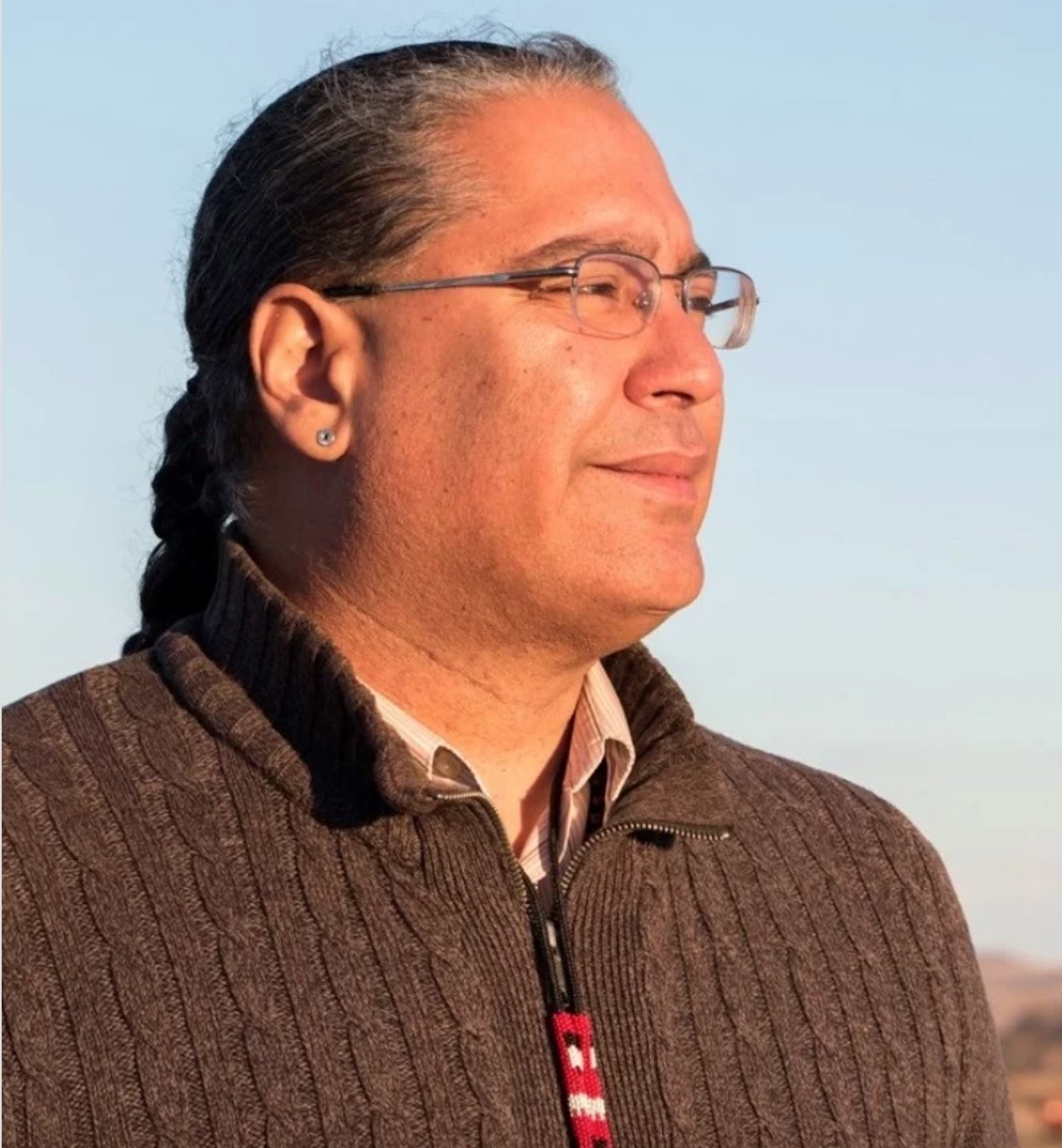
Roberto Múkaro Borrero has a distinguished and diverse background in policy & program development and human rights advocacy, including a specialization on the rights of Indigenous Peoples. He retains over 20 years of experience actively engaging the United Nations system in thematic areas such as Sustainable Development, Climate Change, and the Information Society; among others.
Borrero has served on the staff of the International Indian Treaty Council and the American Museum of Natural History, as well as an independent contracting consultant for PBS, and other notable institutions. As president of the United Confederation of Taino People, he participated in both phases of the World Summit on the Information Society (2003 & 2005).
In 2016, Borrero authored "Indigenous Peoples and the Information Society: Emerging uses of ICTs," a report commissioned by UNESCO for the First WSIS+10 Review Event. He is a member of the Taíno Tribal Nation, an Indigenous Peoples whose traditional homelands extend through the Greater Antilles to the Southern tip of Florida in the U.S. In 2012, Borrero was traditionally sanctioned a kasike (chief) of the Guainía Taíno tribal community. He has an educational background in communications and cultural studies.

Mikaela Jade is a Cabrogal Woman of the Dharug-speaking Nation of Sydney. Her company Indigital is closing the digital divide for 400 Million First Peoples by teaching cutting edge digital skills in augmented and mixed reality, Python coding and using Minecraft Education Edition to support Indigenous decision-making. The Indigital Team is 83% female and Indigenous and work remotely from Country. In only 6 months, Indigital’s flagship program Indigital Schools has worked with 1000 students across Australia to improve their understanding of Aboriginal and Torres Strait Islander cultures through teaching fourth industrial revolution technologies.
Mikaela is a World Economic Forum Global Future Council on Augmented Reality and Virtual Reality member, an Alumni of Tribal Link Foundation (NYC) and the Australian Rural Leadership Foundation. Mikaela is on Microsoft Australia’s Reconciliation Action Plan Advisory Board, and Advisory Board for Project Rockit, Country Needs People and the Pollination Foundation. Mikaela will be completing her 3Ai Master of Applied Cybernetics at ANU in 2021.
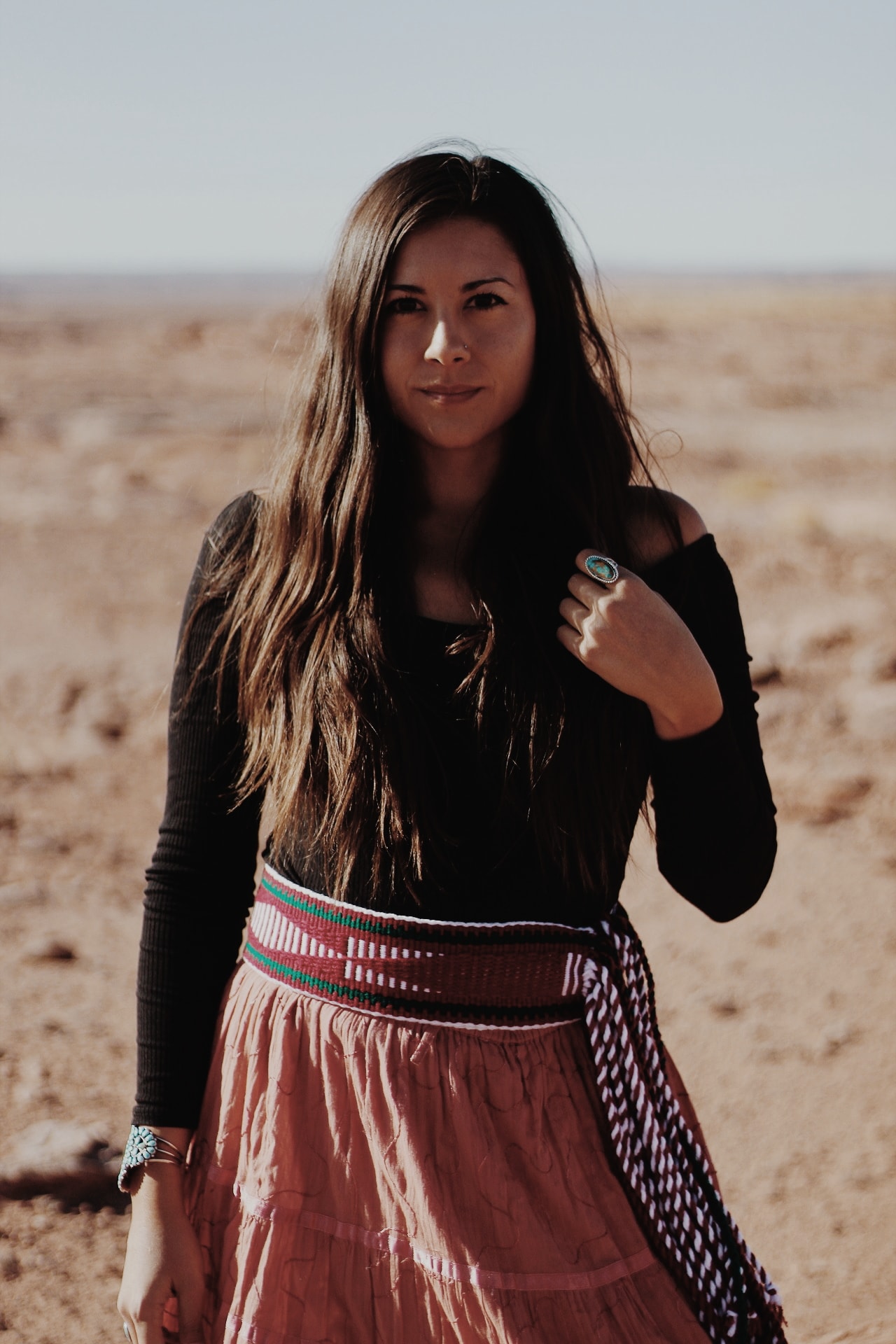
Darrah Blackwater is from Farmington, New Mexico and is a citizen of the Navajo Nation. Blackwater graduated with her J.D. from the University of Arizona in 2020. Before law school she worked on the Navajo Nation teaching tennis and nutrition education, and co-leading a teen outreach program. She has completed internships in the office of the Assistant Secretary of Indian Affairs in Washington D.C., and under the Inspector General of the Department of Interior.
Currently she is an Indigenous law and policy fellow at the University of Arizona's law school, focusing on closing the digital divide in Indigenous communities, among other issues. In her free time she enjoys wandering the globe, playing tennis, and hiking with her dog, Kai.
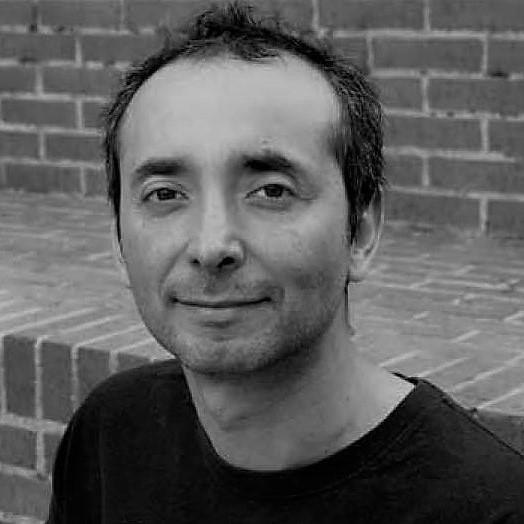.jpg)
Erick Huerta Velázquez holds a PhD degree in Rural Development at UAM Xochimilco, a master’s degree in Social Administration with a Specialty in Community Development from the University of Queensland, Australia, and a Law Degree from the Universidad Iberoamericana with post-graduate courses at the Escuela Libre de Derecho.
He has worked in telecommunications since 1998, holding a vast experience as an advisor on regulatory issues for private, public and social sectors. His experience has focused on rural communications and indigenous peoples, he is an expert on this topic at the International Telecommunication Union (ITU) and a representative of the Americas Region in the ITU Capacity Building Group. He is one of the promoters of the 1st Indigenous Mobile Network that operates in the state of Oaxaca in populations of 200 to 3,000 inhabitants. He was part of the Consultative Council of the Federal Institute of Telecommunications from 2015 to 2017.
Erick coordinated the Development Group of the Permanent Consultative Committee 1 of the Inter-American Telecommunications Commission between 2010 and 2014 and was a member of the Consultative Council of the National Commission for the Development of Indigenous Peoples from 2004 to 2008. He has been an advisor to the National Congress of Indigenous Communication since 1998. He is the General Coordinator of Redes por la Diversidad, Equidad y Sustentabilidad AC (REDES AC) since its foundation in 2004 and researcher at Research Center in Technologies and Community Knowledges (CITSAC).

Ursula Wynhoven is an international lawyer with 24 years’ experience. She joined the ITU in 2017 as its Representative to the UN. The ITU is the UN’s specialized agency for information & communication technologies with the mission to connect the world. Ursula leads UN relations and represents the agency and its Secretary-General at the UN in NY. She heads the ITU’s UN Liaison Office and works at the intersection of technology and development, promoting digital inclusion and the use of ICTs for sustainable development.
Previously, Ursula spent 14 years with the UN Global Compact, the UN’s corporate sustainability initiative. Her last position was Chief, Social Sustainability, Governance & Legal and member of the Executive Committee. Ursula led the UNGC's work on human rights & decent work, gender equality, poverty & inequality, peace, anti-corruption & the rule of law. Ursula also led legal affairs and oversaw policy development & implementation of the UNGC’s integrity measures. Ursula began working with the UNGC in 2002 and played an active role in helping to grow the initiative to more than 13,000 signatories in more than 160 countries with a full roster of corporate sustainability workstreams. Ursula's tenure included a 6-month loan as Senior Advisor, Business & Human Rights to the UN’s Human Rights Office. Prior to joining the UN, Ursula worked in law firms and government human rights agencies in Australia and the US and for the OECD on the MNE Guidelines. Ursula has LLMs from Columbia Law School, where she was a Human Rights Fellow, and Monash Law School, and bachelor’s degrees in Law, Economics, and Letters. Since 2007, Ursula has been an Adjunct Professor in Corporate Sustainability, Business & Human Rights at Fordham Law School and previously taught at Reykjavik University School of Law. Ursula is a Trustee of the Parker School of Foreign & Comparative Law at Columbia Law School. She has been admitted to practice law in jurisdictions in Australia, the US and the UK.
-
 C5. Building confidence and security in use of ICTs
C5. Building confidence and security in use of ICTs
-
 C8. Cultural diversity and identity, linguistic diversity and local content
C8. Cultural diversity and identity, linguistic diversity and local content
-
 Goal 9: Build resilient infrastructure, promote sustainable industrialization and foster innovation
Goal 9: Build resilient infrastructure, promote sustainable industrialization and foster innovation
-
 Goal 17: Revitalize the global partnership for sustainable development
Goal 17: Revitalize the global partnership for sustainable development





